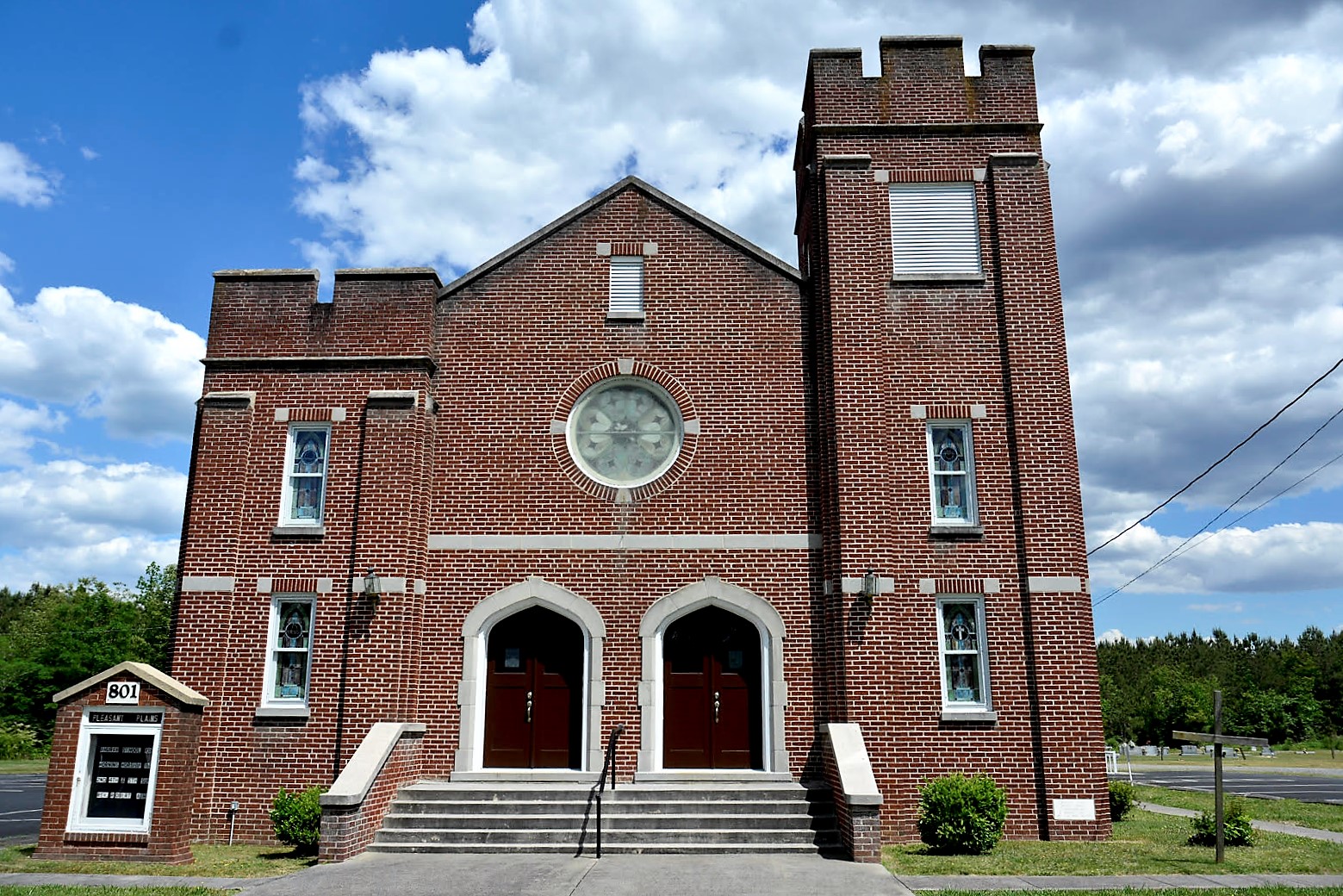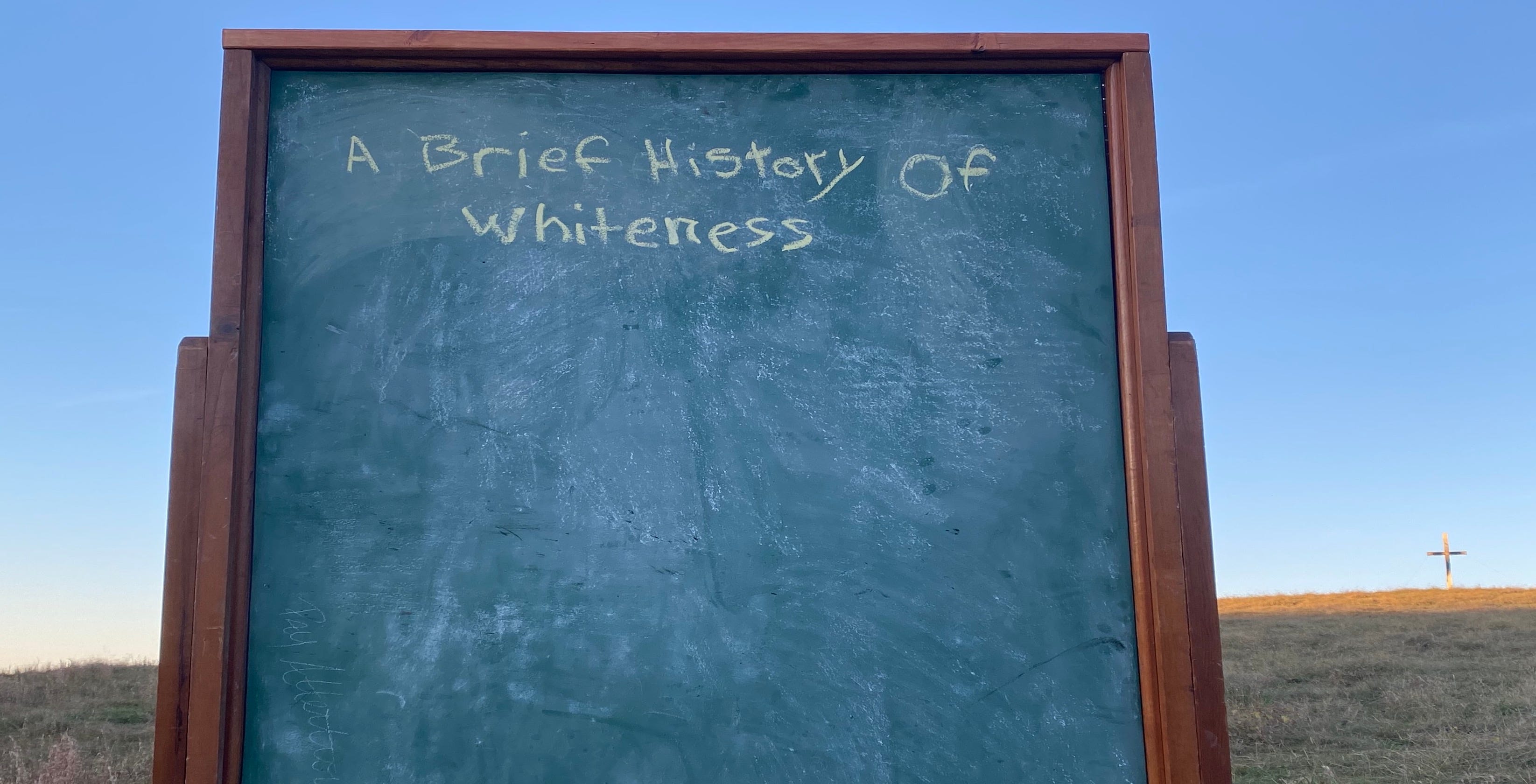The ‘Heights’ of Anxiety and the Color Line: Racial Ambiguity in a Culture of AbsolutesPosted in Articles, Latino Studies, Media Archive, United States on 2021-07-14 22:56Z by Steven |
The ‘Heights’ of Anxiety and the Color Line: Racial Ambiguity in a Culture of Absolutes
Nerds of Color
2021-07-09
Lara Stapleton, Lecturer of English
Borough of Manhattan Community College, New York, New York
I once heard the great political philosopher and activist Angela Davis argue that Americans are so obsessed with race as an identifying feature that when we meet racially ambiguous people, we are anxious until we know on which side of the color line they fall. Upon hearing this, I was relieved by the articulation of something I had suspected was at the heart of my experience. It was like experiencing great art, that rush of adrenaline that comes with recognizing what we’ve known all along presented as fantastically new.
I say this because I am extremely racially ambiguous person, particularly in the United States where we traditionally discuss race as an absolute. I am bi-racial, Filipino and white, and I hear, from day-to-day, wildly different interpretations of who I am. I have been recently called “Kaitlin” on the train, and also described as many permutations of light brown people: Latinx, Native American, and Arab. I get Mediterranean, Jewish, and Sicilian and quite often, I am asked if I have some Black ancestry (which coincides also with being Latinx)…
Read the entire article here.


